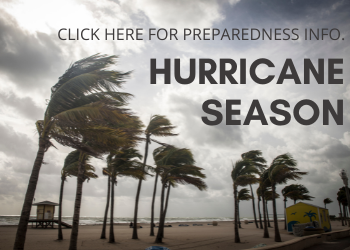About Us
MID Website Quick Links
- Licensing Search
- Request Assistance
- File Complaint
- Fight Insurance Fraud
- Producer\Individual Licensing
- Entity Licensing
- Company Licensing
- Company Filing and Registration
- Health Care Reform
- Enforcement Actions
- Bail Agent License Revocations
- Insurance Company Rating Services
- Make Public Records Requests
Helpful External Website Links
- Mississippi.Gov
- Mississippi Comprehensive Health Insurance Risk Pool Association
- Mississippi Fire Personnel Minimum Standards and Certification Board
- Mississippi Windstorm Underwriting Association
- National Association of Insurance Commissioners (NAIC)
- Sircon
- State Fire Academy
- Transparency Mississippi

